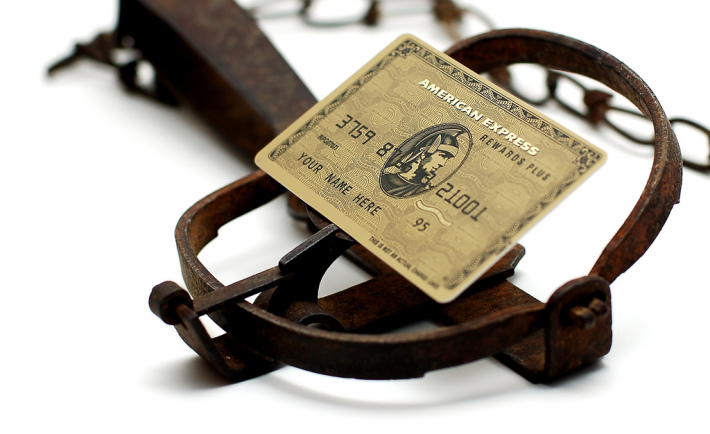Mortgage rates are an important factor to consider when buying a home. They can have a significant impact on how much money you will pay in interest and the size of your monthly payments. With mortgage rates constantly changing, it’s important to understand what affects them and how they may change in the future. In this introduction, we’ll take a look at what factors influence mortgage rates and how they may affect your decision-making process when purchasing a bank home in Singapore.
Factors Affecting Mortgage Rates
- a. Inflation
- b. Federal Funds Rate
- c. Economic Activity and Unemployment Rate
- d. Bond Market Activity
- e. Credit Availability and Demand for Loans
Mortgage rates are a key factor to consider when deciding whether or not to purchase a home. Although there are many factors that can affect mortgage rates, five main ones tend to have the greatest influence. These include inflation, federal funds rate, economic activity and unemployment rate, bond market activity and credit availability and demand for loans.
Inflation has an important role in determining mortgage rates because it affects the overall cost of living. As prices increase due to inflation, lenders will generally raise their mortgage rates as well in order to offset the extra costs associated with providing loans in an environment of higher prices.
The federal funds rate is another major factor that can affect mortgage rates. This is set by the Federal Reserve Board and it influences how much banks charge borrowers for loans as well as other lending activities such as issuing mortgages. Generally speaking, when this rate goes up so do interest rates on mortgages (and other types of loans).
Economic activity and unemployment rate also play a role in setting mortgage rates since lenders use these figures to assess potential risks associated with providing home finance products such as mortgages.
Types of Mortgage Rates
- a. Fixed-Rate Mortgages
- b. Adjustable-Rate Mortgages (ARMs)
Mortgages are a major financial commitment, and with so many different types of mortgages available, it can be difficult to decide which one is right for you. Two of the most common types of mortgages are fixed-rate and adjustable-rate (ARM) mortgages. Understanding the differences between these two mortgage types can help you make an informed decision that best fits your financial goals.
Fixed-Rate Mortgages
A fixed-rate mortgage is a loan with an interest rate that remains the same throughout the life of the loan, no matter how long or short that may be. With this type of mortgage, borrowers know exactly what their monthly payments will be for as long as they carry the loan. This predictability makes it easier to plan and budget for homeownership expenses in addition to other monthly expenses like utilities and groceries. Fixed-rate mortgages often come in 15-, 20-, 25-, or 30-year terms; however, some lenders may offer longer terms as well.
Adjustable-Rate Mortgages (ARMs)
An adjustable-rate mortgage is a loan with an interest rate that changes over time based on certain predetermined criteria such as market conditions or index rates like Treasury Securities or LIBOR indexes. Depending on the lender
Benefits of Lower Mortgage Rates
As homebuyers prepare to enter the real estate market, one factor that is often top of mind is the mortgage rate. Lower mortgage rates can be an attractive incentive for those looking to purchase a home, as they can help make the process more affordable and accessible. In this article, we’ll explore some of the benefits of lower mortgage rates and how they can be beneficial to potential homeowners.
One of the most obvious advantages of lower mortgage rates is that it makes buying a home more affordable. Homebuyers who take advantage of these reduced rates are able to borrow money at a cheaper cost over time, which helps them save on interest payments and allows them to pay off their loan faster. With lower monthly payments, it also becomes easier for potential homeowners to make their dream of owning a house come true without having to stretch their budget too thin or put themselves in financial jeopardy.
Lower mortgage rates also open up possibilities for refinancing existing loans or taking out additional loans against existing property equity. Homeowners who have taken out larger mortgages may find that refinancing at today’s low rates could significantly reduce their overall debt load and monthly payment amount – helping them get back on track with paying off their loan sooner than expected.
Conclusion
Mortgage rates are a key factor to consider when purchasing or refinancing a home. Rates can change drastically in a short amount of time, so it is important to stay informed about current conditions and shop around for the best rate you can find. With careful research and diligence, you can find the right mortgage rate that fits your budget and long-term goals.






